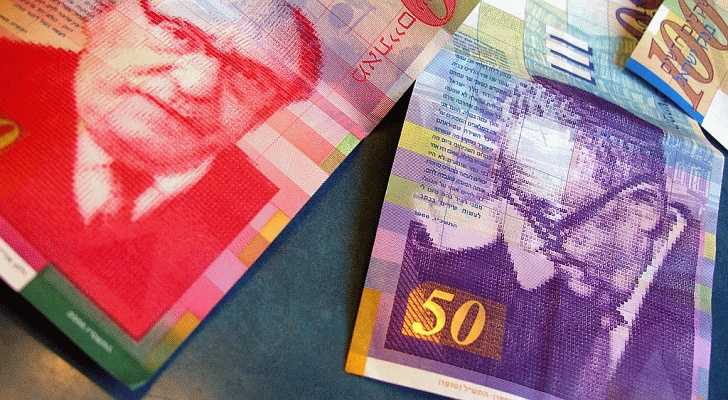The Bank of Israel kept its benchmark interest rate at 0.1% for a 10th straight month. The decision to keep the interest rate for January 2016 unchanged at 0.1% is consistent with the Bank of Israel's monetary policy, which is intended to return the inflation rate to within the price stability target of 1–3% a year, and to support growth while maintaining financial stability.
The following are the main considerations underlying the decision:
- The low inflation environment in the short term continues to be affected by factors of a one-off nature. Short-term inflation expectations declined again this month, in view of renewed declines in fuel prices worldwide and additional price reductions initiated by the government. Based on the Research Department’s staff forecast, annual inflation is only expected to return to within the target range at the beginning of 2017. Medium and long-term (forward) expectations are entrenched within the target range.
- Indicators that became available this month point to the recent period’s growth environment, around2.5%, continuing in the fourth quarter as well, and the effect of the security situation is limited mostly to tourism. Recent data on exports were positive, but do not compensate for the declines in previous months. Preliminary data from the Companies Survey indicate a slight improvement vis-à-vis the third quarter. Despite a slight decline in very recent data on the employment rate, the picture presented by labor market data continues to be positive. The Research Department’s forecast for GDP growth in 2016 was revised downward, to 2.8 percent, compared with 3.3 percent in the September forecast.
- The picture of the global economy continues to indicate some improvement in activity in advanced economies, as opposed to the continued slowdown in emerging markets. The process of divergence between the monetary policyof the major blocs has begun—the US Federal Reserve began raising the federal funds rate, in a process expected to be gradual, and the ECB enhanced its monetary accommodation.
- The increase in home prices resumed, and they have increased by 6.9 percent over the past 12 months.The volume of new mortgages taken out remains high. In the third quarter, the elevated level of activity in the construction industry continued, and this is expected to continue to contribute to increasing supply.
The Monetary Committee is of the opinion that the risks to achieving the inflation target have increased, and the risks to growth remain high. The Bank of Israel will continue to monitor developments in the Israeli and global economies and in financial markets.
The Bank will use the tools available to it and will examine the need to use various tools to achieve its objectives of price stability, the encouragement of employment and growth, and support for the stability of the financial system, and in this regard will continue to keep a close watch on developments in the asset markets, including the housing market.






